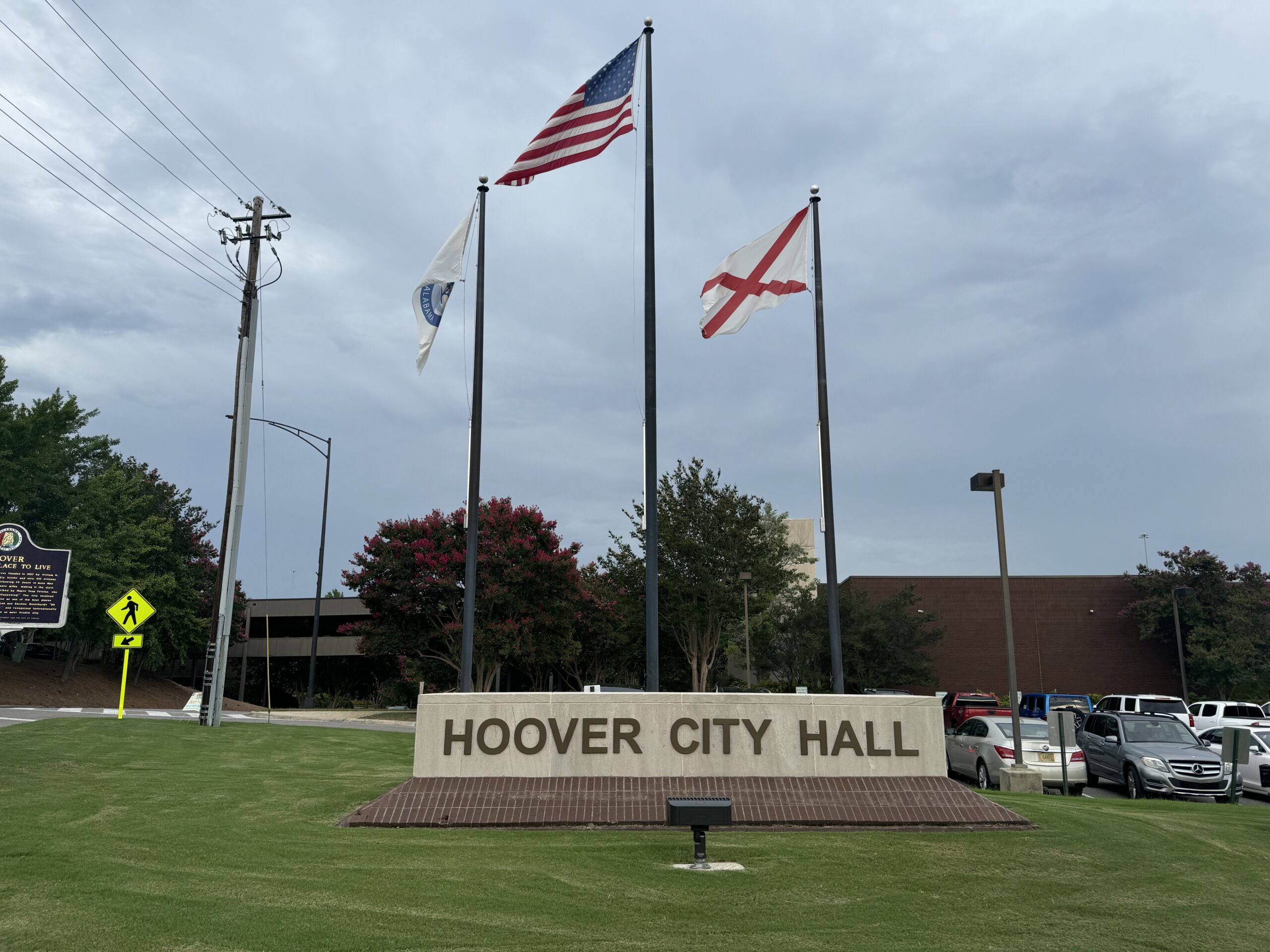U.S. Senators Tommy Tuberville and Katie Britt voted on Wednesday in favor of a formal challenge to the Biden Administration’s Waters of the United States (WOTUS) rule through a Congressional Review Act (CRA) joint resolution of disapproval.
Under the Congressional Review Act (CRA), the Senate moved to block the rule in a 55-43 bipartisan vote.
“The Biden administration is using the same playbook as the Obama administration — blatant land grabs and burdensome regulations,” said Sen. Tuberville. “These policies hurt our farmers and landowners and do virtually nothing for our environment or our water resources. Our farmers and landowners need consistency, and for the federal government to get out of the way. Today I voted to block the President’s land grab attempt and stand up for Alabama farmers and producers.”
“I was proud to vote today to block President Biden’s disastrous new WOTUS rule,” Britt said in a statement. “This type of anti-jobs overregulation would strangle Alabama farmers, cattlemen, manufacturers, energy producers, builders, landowners, and small businesses with red tape. As I have stated before, Alabamians have tended to our own land, waterways, and resources for generations, and we remain best positioned to preserve and utilize them for generations to come.”
This afternoon, I voted to block President Biden’s disastrous new WOTUS rule.
— Senator Katie Boyd Britt (@SenKatieBritt) March 29, 2023
This type of job-killing overregulation would strangle Alabama farmers, cattlemen, manufacturers, energy producers, builders, landowners, and small businesses. https://t.co/vgxvSDqjuR pic.twitter.com/Euo5s2o1oX
In December 2022, the Environmental Protection Agency (EPA) and the U.S. Army Corps of Engineers announced a new rule repealing the Navigable Waters Protection Rule (NWPR); and changing the definition of Waters of the United States in a way that expands federal jurisdiction.
President Joe Biden’s new rule gives federal regulators authority over navigable and non-navigable waterways, including tributaries, wetlands, and intrastate lakes, creating uncertainty and costs for farmers, manufacturers, small businesses, and property owners. The Senate Small Business Committee found that the WOTUS rule would negatively impact an estimated 64,259 small businesses and approximately 165,425 employees across critical industries in Alabama.
This new rule could potentially adversely affect farmers, ranchers, developers, builders, timberland owners, and landowners. Numerous industry leaders and stakeholders have issued statements supporting the effort to overturn this rule.
“As farmers, we want and need to protect the nation’s waters,” Alabama Farmers Federation President Jimmy Parnell said. “This rule muddies the water for property owners, will make conservation more difficult, and will create huge liabilities for farmers.”
For decades, Waters of the U.S. was defined by federal regulators as navigable bodies of water, even if navigable was often stretched to navigable by a dinghy. That all changed during the Obama Administration when the definition changed to any stream, ditch, or body of water, even if only seasonal. The Trump Administration overturned the Obama-era rule with the clearly defined Navigable Waters Protection Rule. In December, the Biden Administration, by simple decree, overturned the Trump era rule.
The new rules went into effect on March 20.
An identical disapproval resolution recently passed in the House on March 9 in a 227-198 vote. With Senate passage, the resolution now heads to the desk of President Biden.
Congress similarly passed legislation to overturn the Biden Administration’s ESG rule allowing retirement fund managers to invest their client’s money in a socially and environmentally conscious way rather than in what produces the best returns for their clients. Biden vetoed that CRA effort. He could also veto this legislation.
To connect with the author of this story or to comment, email brandonmreporter@gmail.com.
Related
Share via:













